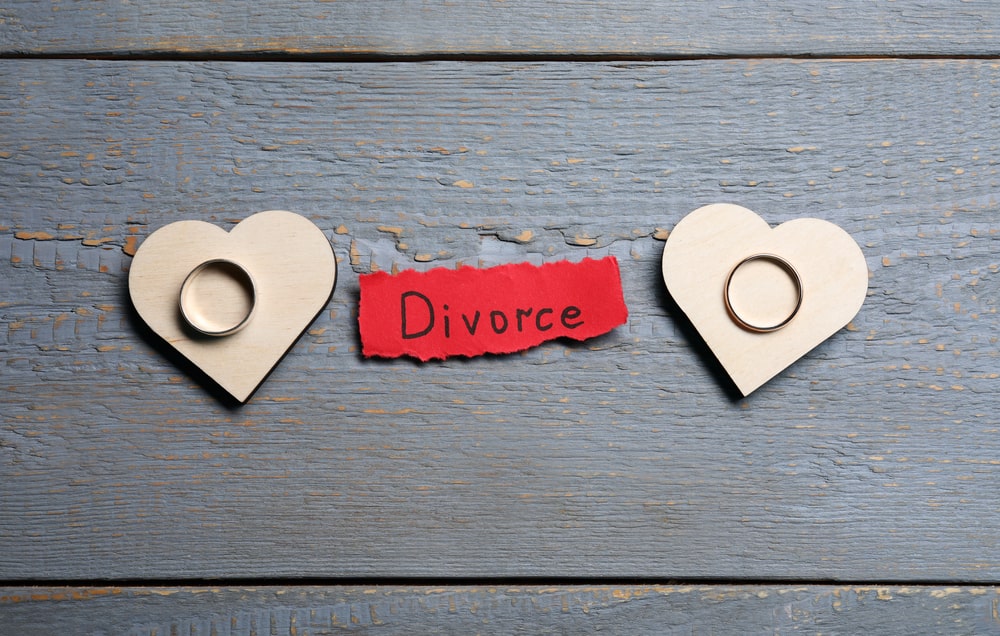Acquiring and paying off debt is a normal process most adults go through. If you’ve ever taken out a loan for education, financed a new car, been approved for a mortgage or signed up for a credit card, you have borrowed money, and thus, acquired debt. While most people view debt accrual as a negative thing, your record of paying off debts on time is what allows you to build credit as a borrower. The better your credit, the better interest rates you receive when you do borrow and the more attractive you are as a loan candidate or even as a property renter.
While it is important to avoid borrowing more than you can afford to pay off, we all go through changes in our circumstances at one time or another that may cause us to fall behind on payments or accumulate more debt than we can manage. Health crises or changes in employment status, for example, can unexpectedly plunge someone into debt that will grow quickly if they do nothing. In these cases, making a plan for repayment is key.
Main Types of Debt
There are two basic types of debt a person may accrue:
- Secure debt: A loan tied to a piece of property or other valuable item. If you have secured debt, the item or property acts as collateral and the lender can claim it if you miss payments or fail to repay the debt. The most common types of secured debt are car loans and mortgages in which the vehicle or home you’re paying off is the very collateral that the lender can claim if payments cease or lapse. These and other secured debts offer the advantage of lower interest rates and longer payoff timelines available.
- Unsecured debt: A loan or line of credit based entirely on credit history, income and other financial details. The most common types of unsecured debts include credit cards, educational loans, personal loans and bank overdrafts. Because they cannot reclaim property as collateral, unsecured debts tend to be riskier for the lender—so they typically set higher interest rates and offer less flexibility with payoff terms (higher late fees, shorter grace periods, etc.). While federal student loans are a type of unsecured debt, their interest rates tend to remain low, with a generous payoff timeline and plenty of options for deferral and income-based repayment should you encounter financial hardship.
6 Types of Debt Repayment Options
Most debts, regardless of type, require monthly payments toward your balance. For mortgages, car payments, and other loans in which a sum is provided upfront, your monthly payments are generally fixed installments toward a total, and when you eventually reach that total the debt is paid off and payments cease. For lines of credit, the debt is revolving, meaning that the amount you owe in a particular month depends on how much you borrow in that particular pay period. There may be months in which you borrow the entirety of your credit limit and others in which you do not borrow at all.
If your monthly repayment obligations become unmanageable for one reason or another and you fall behind, you may have to look into one or more of the following options for paying off your debt:
1. Making your own plan – While working out your own arrangement takes more effort on your part, it’s often the best option if feasible. It typically involves reaching out to your lenders and creditors and requesting lower interest rates or a new, more affordable payment schedule.
2. Credit counseling – If you engage the services of a credit counseling agency, you can work together to get onto a more manageable debt management plan (DMP) that generally involves lower minimum payments and lower interest rates while requiring you to undergo credit counseling. Depending on the amount of debt you have, your DMP will likely last somewhere in the 3-5 year range, during which you cannot use your credit cards. On the upside, a DMP does not affect your credit score (although a credit check will show that you are in credit counseling).
3. Debt consolidation – Consolidating your debts reorganizes your debt into a more straightforward, single monthly payment. Often this is achieved by obtaining a new loan that pays off your existing various debts so that your only obligation is to the new loan—which means that you must pass a credit check. But different debt consolidation programs offer different options to fit your circumstances, so don’t let a credit check deter you from exploring consolidation.
4. Debt settlement – Creditors care most about making back the money loaned to you. This means that they will often accept a lump sum payment that’s less than your total debt and forgive the rest. If you are already behind on payments, a debt settlement company can help you negotiate a payoff lump sum (the settlement company also charges a fee). Depending on the total you owe and the amount that’s ultimately forgiven, for which you’ll likely have to pay taxes, this option may or may not be right for you.
5. Chapter 7 bankruptcy – Also known as liquidation bankruptcy, Chapter 7 bankrucy generally involves offering up a combination of funds/savings and certain assets, such as property or vehicles or other items of value, in exchange for having your unsecured debts completely discharged. In California you are unlikely to lose your primary home or car in a Chapter 7 bankruptcy. To qualify, you must demonstrate legally that you do not have the means or earnings to pay off your debts; you will be required to undergo credit counseling and the bankruptcy will appear on your credit report for up to 10 years.
6. Chapter 13 bankruptcy – Also known as reorganization bankruptcy, Chapter 13 bankruptcy allows you to hold onto all your assets and puts you on a 3-5 year plan to pay off your debts, after which the remaining balance is discharged. As with Chapter 7, you’ll have to participate in credit counseling, and the bankruptcy filing will show up on a credit check for up to 10 years.
Unpaid Debt and Debt Collection
If you’ve fallen far behind on payments, you may start facing collection efforts from your creditors. While your lenders are within their rights to refer your case to a collection agency, many debt collectors use harassment and other bad faith tactics to make contact and compel you to pay, such as calling at all hours of the day, threatening you with physical violence or harm to your reputation or disguising their identity.
Harassment by a creditor or collection agency is illegal as defined by both the Fair Debt Collection Practices Act (FDCPA) and the California Fair Debt Collection Practices Act (CFDCPA), and if you experience any such deceptive or abusive tactics you should consult a qualified attorney immediately.
In some cases, a collection agency may file a lawsuit against you in an attempt to collect the debt owed. A lawsuit is a legal action that can have real implications and consequences—including wage garnishment or a freeze on your accounts—so you must secure representation from an experienced lawyer as quickly as possible and respond to the lawsuit.
Protect Yourself Against Debt – Contact a Debt Collection Defense Attorney
The Sands Law Group, APLC has helped hundreds of clients regain control over their debt and find the light at the end of the tunnel. To learn more about your options for debt repayment, call 213-788-4412 or contact us online today for a free 15-minute consultation.
Meet Thomas Sands –
Experienced Los Angeles Divorce & Family Attorney

Thomas D. Sands is a highly experienced and widely respected divorce and family attorney serving clients throughout Los Angeles, Riverside, and San Bernardino counties for more than 2 decades. As the founder and principal family attorney at The Sands Law Group, APLC, Thomas Sands is dedicated to providing strategic, cost-effective legal representation to individuals and families facing some of life’s most difficult transitions.
Clients trust Thomas Sands not only for his legal knowledge but also for his compassion. Whether you are facing a straightforward divorce or a complex high net worth separation, Thomas provides strategic, results-driven guidance tailored to your unique situation. He understands the emotional toll that divorce and custody disputes can take, and he approaches every case with a commitment to minimizing stress while vigorously protecting your rights and long-term interests. His client-first philosophy has earned him a strong reputation among both peers and families across Southern California.
The Sands Law Group, APLC reflects Thomas Sands’ dedication to service and inclusivity. The firm offers multilingual legal support in English, Spanish, French, Hebrew, and Arabic, ensuring that clients from diverse backgrounds receive clear communication and culturally sensitive representation. Whether through negotiation or litigation, Thomas Sands strives to achieve favorable outcomes while helping clients avoid unnecessary delays and expenses.
In recognition of his excellence in family law advocacy, Thomas Sands has received numerous accolades, including being named Litigator of the Year by the American Institute of Trial Lawyers and Lawyer of the Year by the American Institute of Legal Professionals in 2023. These honors reflect his ongoing commitment to delivering exceptional legal results with professionalism and care.









